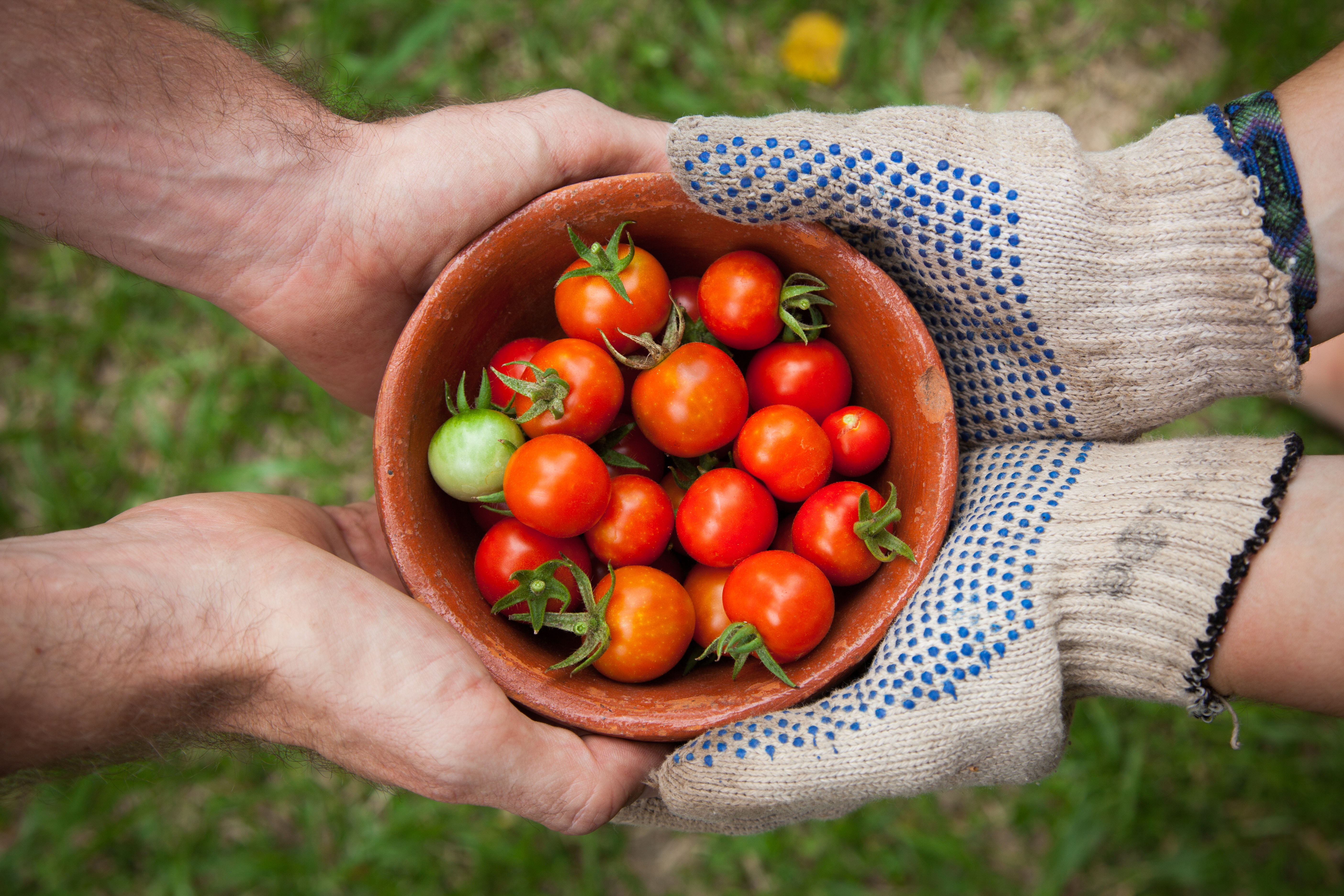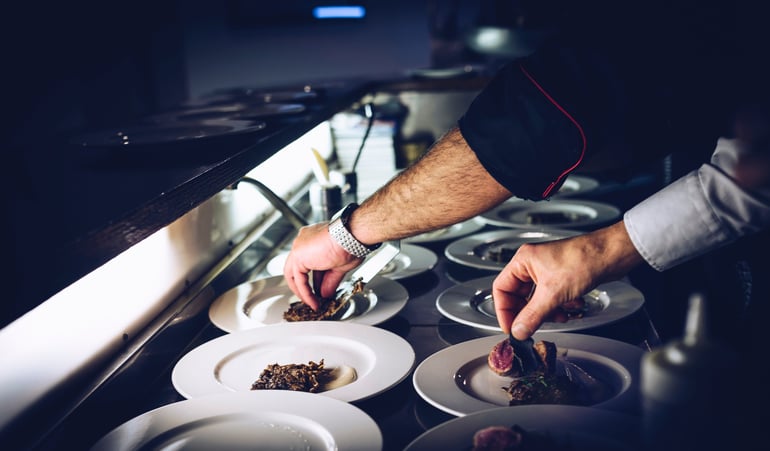At RCS, our team has been working hard to educate ourselves on the effects the global pandemic has had, and, what it will continue to have, on our industry.
It comes as no surprise that the Way Forward for clubs, and the hospitality industry, will look much different than it did just a few short months ago. This week I caught up with our very own Mary Howley, RCS Hospitality Group’s resident chef, to gain insight on how coronavirus has impacted the culinary world.Although I come from a background in operations, I have always secretly wanted to be a culinarian. Chefs are usually my favorite people to work with. Mary and I have worked closely on several projects at RCS and she is by far my favorite person to dine out with-- that is, when we could still enjoy that experience without fear of COVID-19.
I have been so concerned about how all my chef friends are wading through this pandemic, and because she is so well-connected to both the culinary and agricultural industries, I knew Mary would be the perfect person to answer my questions.
What are the biggest challenges culinary professionals (specifically in private clubs) are facing during COVID-19?
“Staffing and communication. There are currently eight million hospitality professionals unemployed, many of whom held positions working in a kitchen. Because clubs have had to lay off or furlough most of their employees, executive chefs are working much more with much less. I believe it is important for clubs to communicate to their memberships what they can effectively offer for food and beverage due to limited labor resources.”
If the main internal objective in the kitchen is now to rebuild the culinary teams with proper training, what does that training look like now?
” In my professional opinion, the Way Forward for training culinary staff should focus on classic food preparation and basics. As clubs begin to rebuild their teams, they will gain staff with different skill levels and backgrounds. Educating a new team on the basics will be hugely beneficial when we get the greenlight, it’s going to be like being shot from a cannon.”

How will recent supply chain issues affect food and beverage operations and the way menus are designed?
The onset of COVID-19 has caused a profound break in the supply-chain link. Chefs and culinary staff need to be sensitive to the receiving process making sure to inspect expiration dates and follow proper sanitation protocols. This issue has had the greatest impact on animal protein, specifically when it comes to meat processing. Because of this, the availability of proteins will be much different moving forward. Hence, the need for classic training, as culinary teams may need to do their own butchering and come up with creative ways to utilize the proteins that are available to them. The break in the supply chain also creates an opportunity for clubs to source products locally from smaller purveyors, and in turn supporting the local economy. It is important for chefs to pay particular attention to how much product they are ordering, as it is going to take some time to get back to full operating volume. This means ordering product from purveyors who allow partial cases of product and only one jar or can of product is essential for cost management.
No longer are the days of “instant gratification” and having whatever we want delivered to our doors within a few days—COVID-19 has caused chefs to flip-flop the ordering process to require a chef to check product availability prior to writing a menu.

What changes should be considered when updating á la carte menus?
The increasingly popular shared plates on menus will need to morph into entrée-style dishes. Again, taking staffing into consideration, the size of á la carte menus may need to be cut down to produce efficiently with the amount of staff that is available. Food and service overall will need to shift to an individualized format. No more passing around the breadbasket and sharing the same plate of butter. On the events side of service, passed hors d’oeuvres and beverages may be a thing of the past. Also, on the list of endangered food service is buffets. There will need to be a different style of food service for large club events and holidays moving forward. For clubs who are able to re-open their doors to members, reservations will likely be required, and table side service and/or pre-orders may be the best options. For clubs who remain closed, offering meals for 4-8 people to-go will continue to gain popularity.
What advice do you have for all the culinary professionals navigating the Way Forward?
Think of who your staff are and consider them essential. You have probably had to work more with less people, and now is the time to value those who you are training. It will be hugely helpful to work with the rest of your management team to help convey patience to the membership. Developing a new team, retraining, and adjusting to the new normal is going to take time.
Talking with Chef Mary, I came away with these key takeaways for anyone searching for more insight on kitchen management:
- It’s the perfect time to focus on basic and classic training.
- Supply lines may require menus to change more frequently as chefs work hard to manage costs and availability of product. Local farmers and food suppliers will be a valuable resource.
- “Take and Bake” family menus will continue to be popular and can provide an ongoing source of revenue when dining areas are forced to operate at reduced capacity.
- Sanitation guidelines and social distancing will impact our menus and events for the weeks and months to come.
- Communication is key between the front and back of house and also with the membership so that their expectations are managed according to what is possible right now. It’s important to provide food and services that guarantee your success.
- The COVID 19 and Food Safety resources we recently added to our virtual training platform RCSU will be key in helping busy chefs and managers train their team.









